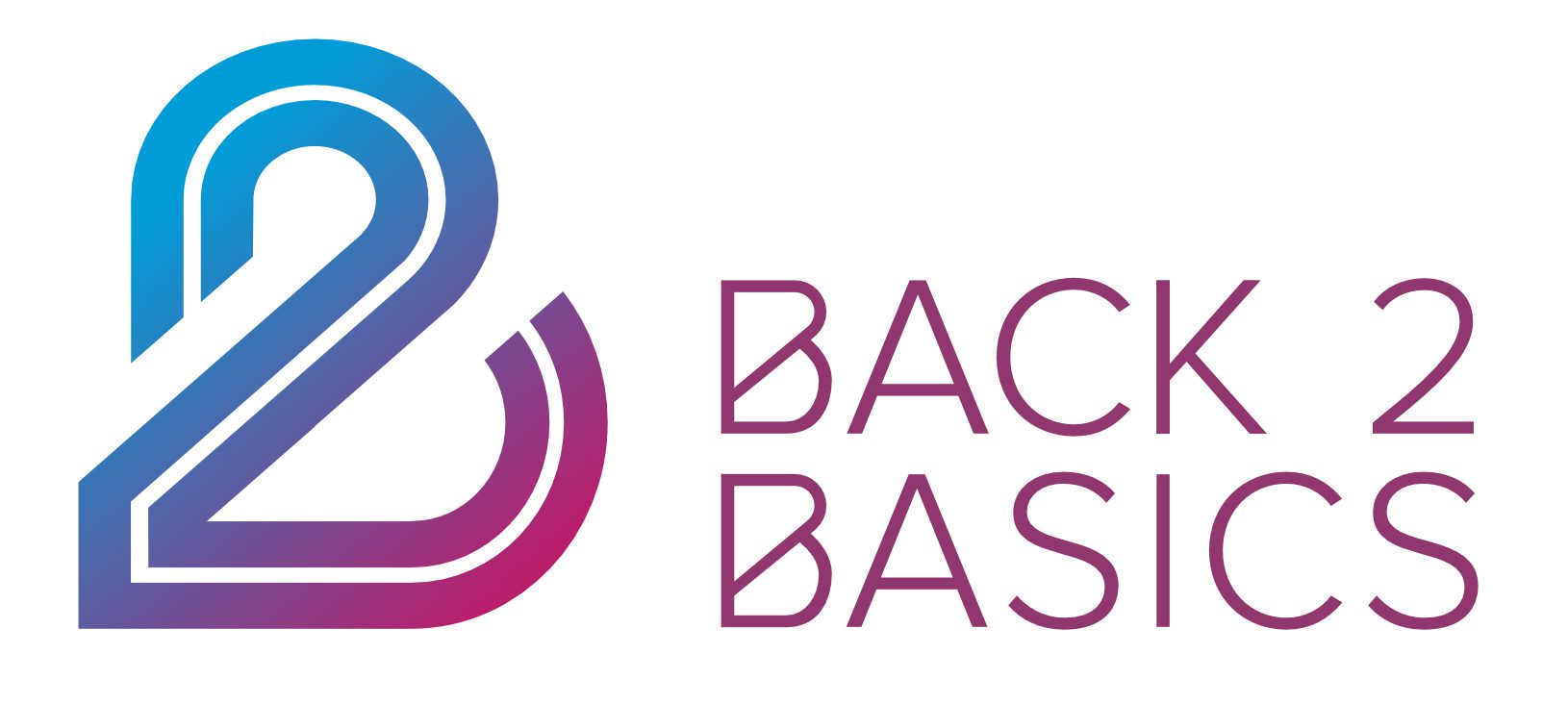The Back 2 Basics Project
The EC has been doing many efforts to encourage students’ mobility, diverse career paths and an approximation of the HE systems to the labor market. However, much work is still to be done in that context. The current pandemic made evident that many HE teachers, forced to adapt their daily work to online settings, lack ‘digital readiness’, which resulted in many frustrated attempts to adapt, work overload and stress. The pandemic revealed a lingering problem of HE systems: if the teachers are not digitally prepared, they are also not conveying important work-valuable digital skills to the students. HE students use ICT tools everyday, but not in a professional manner, and most students lack professional digital skills that would enhance their employability profile. This is particularly important taking into consideration that many companies are considering adopting a more digital work setting from now on. Additionally, many students lack basic notions of netiquette and online communication and politeness, which also contributes to diminishing their employability. the labor market.
Partners identified the following NEEDS related to digital transformation in the HE systems:
- modernization and updating of teaching practice at HE, especially within less digitally promp t teachers
- upskilling of students regarding work valuable digital skills,
- better fit between the market’s needs and the skills developed at the HE pathway,
- improvement of online security awareness,
- better cooperation between HE systems and the labor market.
How?
Objectives
Back2Basics (B2B) aims at addressing digital transformation in the HE system and bringing HE systems and labor markets closer together, working in the enhancement of digital skills in the HEI in order to train more digitally prepared teachers and graduates. Partners intend to demonstrate a potential approach to create an actual change in HE systems, turning them more modern and in-line the needs of the labor market. B2B will address the following OBJECTIVES:
- contribute to developing a HE learning system that better responds to the demands of current market, by including digital tasks and tools in regular HE teaching/learning practice;
- capacitate HE teachers with digital pedagogical skills and tools and improve their teaching efficiency;
- train HE students in work-valuable digital skills;
- create a pilot teaching/learning system more adjusted to current most-needed digital skills in the labor market;
- train both teachers and students on online security and data protection.
This project will have a core, main target audience: teachers and students from HE systems, from all disciplines; and a secondary audience of other stakeholders interested in developing digital skills.
Implementation
In order to reach the proposed objectives, the B2B consortium will implement the following ACTIVITIES:
– 1 LTTA directed mainly at HE students, where they will acquire important digital skills that will enhance their employability profiles and be in direct contact with experts from several recruitment/training areas who will help them improve their netiquette, behavior, communication;
– 1 LTTA directed mainly at HE teachers that will be trained on digital skills, so they can more easily enhance their classes with digital tools and assignments that will increase their contribution to train graduates with better employability profiles, regarding ICT skills;
– Pilot Programme, a small-scale trial run on more digitally-based teaching techniques that will be implemented in both partner HEI. This pilot testing will allow partners to understand in practice how it is possible to include digital skills demanded by the labor market in a context of academic learning and what are the best ways to do it. In this pilot we intend to involve 10 teachers and around 300 HE students will benefit from these classes;
– 3 Multiplier Events titled “Bridging the gap between HE and labor market: the importance of Digital Skills” in order to share and promote the project and its results, foster networking between HEI and the labor market, promote discussions on how digital transformation in HE systems (particularly classes) can be done;
– International Final Conference, at the end of the project, in order to share and promote the project and its results, mainly the Pilot Programme. HE teachers and graduates directly involved in the Program will be able to share their experience, the challenges and opportunities it brought and their main conclusions about the effectiveness of this pilot testing. We intend that this event will encourage more HE teachers to digitally adapt their classes. During the lifecycle of the project, all partners will also promote talks, seminars and workshops about digital transformation and readiness in the HE system; the benefits of a closer proximity between HEI and the labor market; and necessities of the labor market in terms of digital skills and what the labor market expects from young adults.
